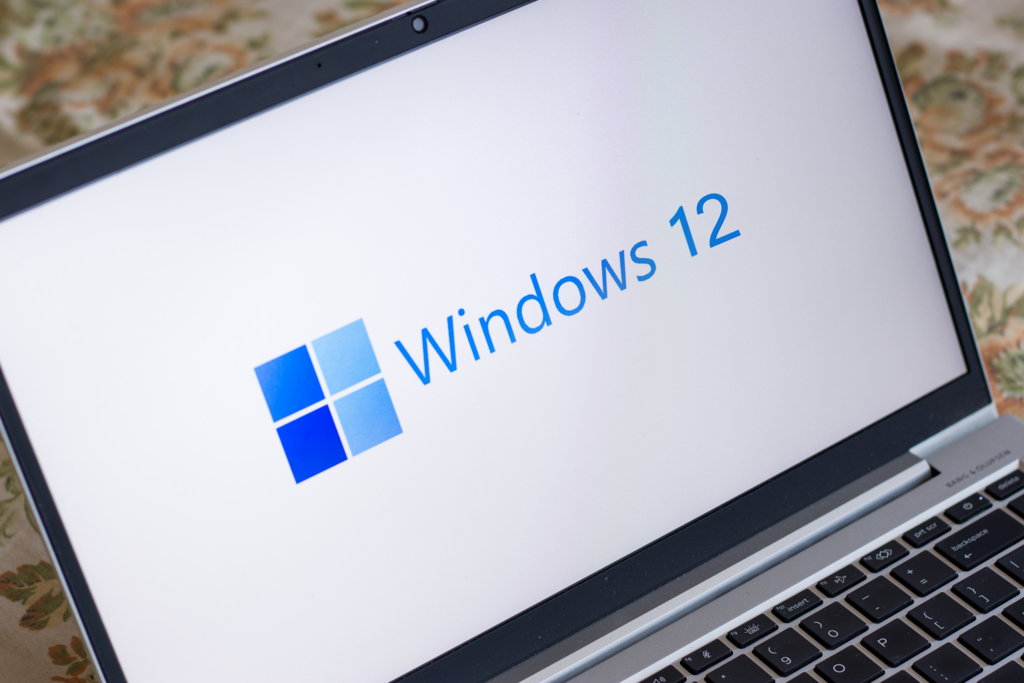Developer Offer
Try ImaginePro API with 50 Free Credits
Build and ship AI-powered visuals with Midjourney, Flux, and more — free credits refresh every month.
Windows 12 A Glimpse Into An AI Powered Future
Microsoft is gearing up for a fundamental transformation of its flagship operating system with the upcoming release of Windows 12. The next iteration is poised to move beyond a simple graphical interface, aiming to create a deeply integrated AI-powered environment that anticipates user needs and redefines human-computer interaction.

The Dawn of Ambient Computing
The core vision for Windows 12 is a shift toward what experts call “ambient computing.” This concept imagines a system that is constantly aware of its user's context and surroundings, rather than waiting for direct commands from a keyboard or mouse. The AI will be woven directly into the fabric of the operating system, enabling it to provide proactive assistance based on the task at hand, whether you're editing a document, designing an image, or participating in a video call.
A New Way to Interact Multimodal Input
A major leap forward will be the introduction of sophisticated multimodal interaction. Windows 12 will be designed to understand and process various input types simultaneously, with a special emphasis on voice. According to Microsoft CEO Satya Nadella, the objective is to elevate natural language to a primary input method, on par with the traditional keyboard and mouse. This will allow users to speak commands naturally while simultaneously typing, drawing, or using other inputs, with the system intelligently interpreting their intentions.
Proactive Assistance and A Smarter Interface
The user interface is also set for a significant evolution. Instead of merely reacting to user commands, AI agents within Windows 12 are expected to proactively offer suggestions and assistance. This could create a more dynamic, interactive, and personalized workflow where the operating system becomes a collaborative partner. To power these advanced capabilities, Windows 12 will utilize a hybrid model, combining the power of local on-device processing with the vast resources of Microsoft's cloud computing infrastructure. This approach is similar to strategies reportedly being developed by competitors like Apple, who are also focusing on voice-centric navigation and control.
The Privacy Predicament Balancing Innovation and Trust
This ambitious integration of AI inevitably brings significant privacy concerns to the forefront. An operating system that continuously monitors user activity to understand context requires access to a vast amount of sensitive personal data. Following past controversies regarding data collection in Windows 10 and 11, both regulators and users are expected to scrutinize Microsoft's approach heavily. Demands for strict transparency and granular user control over how personal information is collected, processed, and used will be paramount. The ultimate success of Windows 12 will hinge not just on its technological innovation, but on Microsoft's ability to build and maintain user trust by striking a careful balance between a more intuitive computing experience and the fundamental right to privacy.
Compare Plans & Pricing
Find the plan that matches your workload and unlock full access to ImaginePro.
| Plan | Price | Highlights |
|---|---|---|
| Standard | $8 / month |
|
| Premium | $20 / month |
|
Need custom terms? Talk to us to tailor credits, rate limits, or deployment options.
View All Pricing Details

